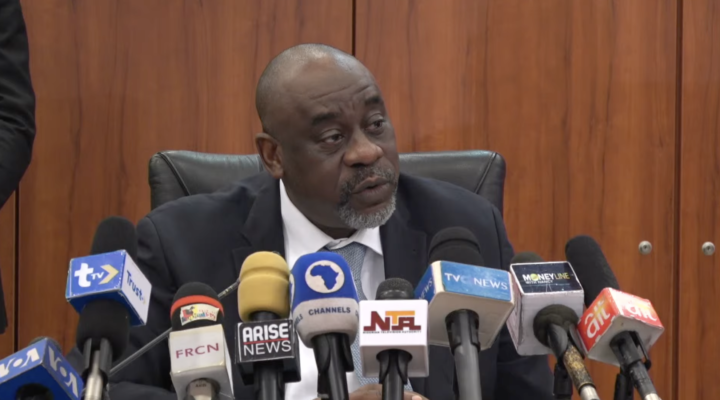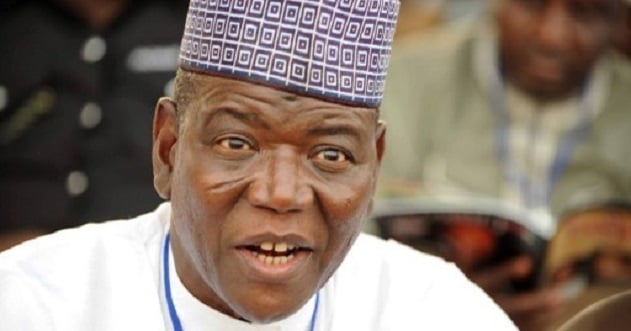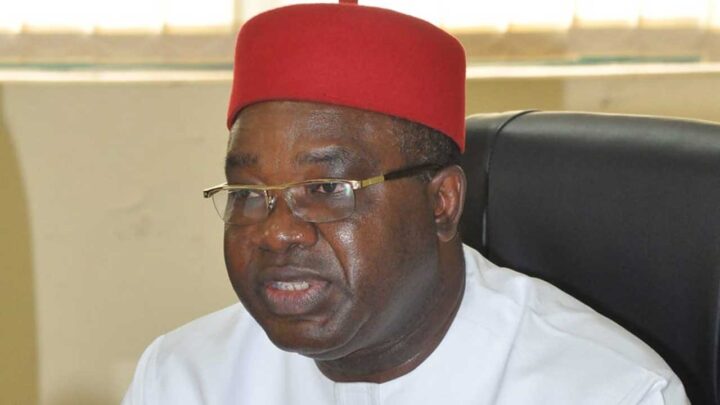The Monetary Policy Committee of the Central Bank of Nigeria (CBN) has raised the monetary policy rate (MPR), which benchmarks interest rates, from 18.5 percent to 18.75 percent.
CBN’s decision is the first monetary policy decision made by the committee since the Bola Tinubu administration took office on May 29, 2023.
While other monetary policy decisions, such as the naira float, had been taken by the bank since the new government came on board, this is the first interest rate decision meeting by the apex bank since Tinubu took office as president.
Folashodun Shonubi, acting governor of the apex bank, announced the development to journalists on Tuesday after the committee’s meeting at the CBN headquarters in Abuja.
Advertisement
This is also the first monetary policy committee (MPC) meeting since the suspension of Godwin Emefiele as CBN governor.
Last week, Nigeria’s inflation rate rose to 22.79 percent amid the increase in food prices.
The monetary policy rate (MPR) is the baseline interest rate in an economy, every other interest rate used within an economy is built on it.
Advertisement
Tinubu had promised in his campaign and also in his inauguration speech to reduce interest rates, but the bank has stayed on the pre-Tinubu policy course to increase interest rates in order to curb inflation.
Speaking at the media briefing, Shonubi said the committee members voted to hike the rate by 25 basis points to 18.75 percent, adjust the asymmetric corridor to +100 and -300 basis points around the MPR, retain the cash reserve ratio (CRR) at 32.5 percent and liquidity ratio at 30 percent.
He said the moderate rate hike is to sustain efforts at anchoring inflation expectations, narrow the negative real interest rate gap and improve investor confidence.
Shonubi also said members agreed unanimously that the previous rate hikes have been effective in moderating the rate of price increases.
Advertisement
Add a comment






